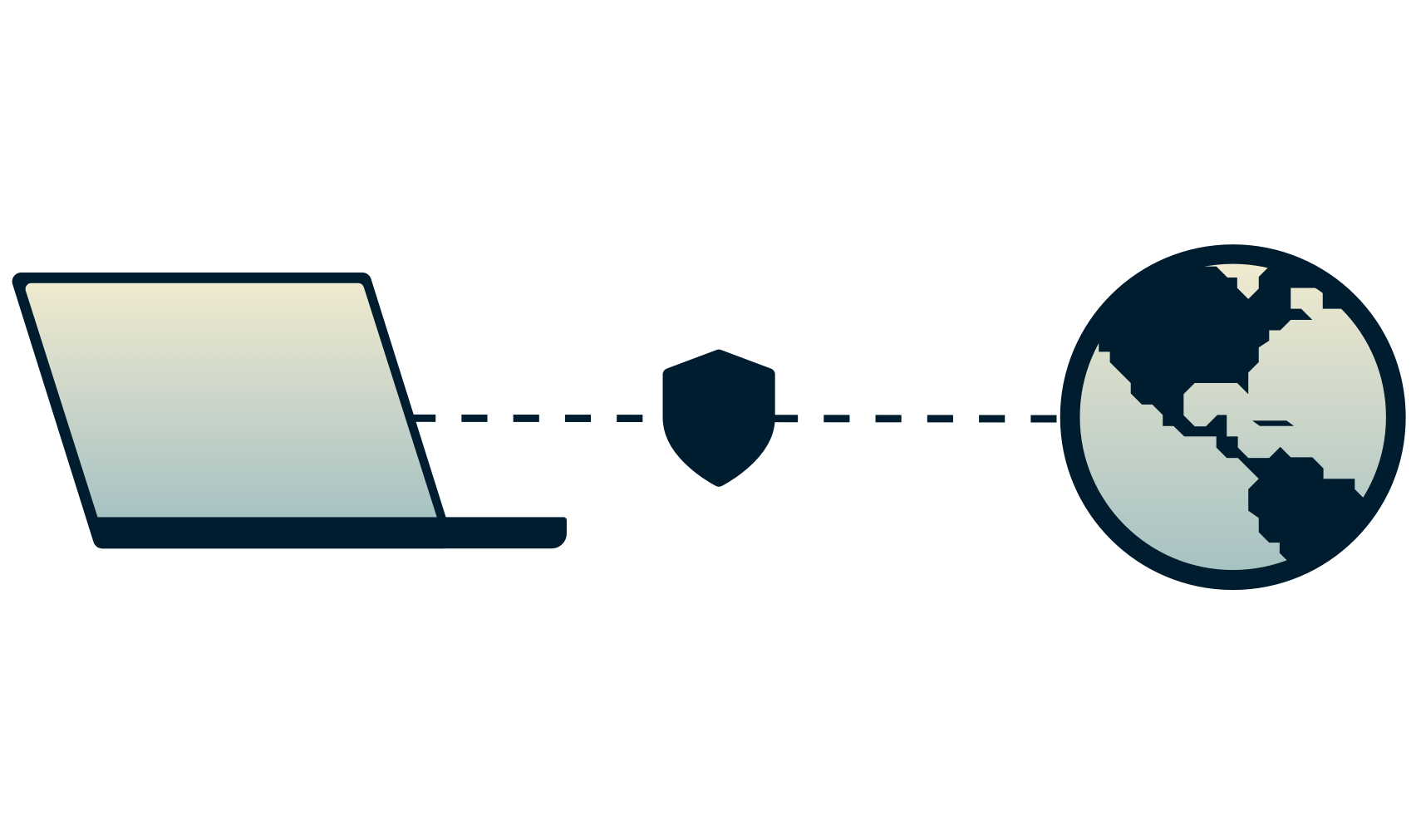What is the best VPN protocol?
If you’ve ever checked the settings on your ExpressVPN app, you’ll see a tab that lets you choose a protocol.
Protocols are methods by which your device connects to ExpressVPN’s secure servers. Find out how protocols differ and how to choose the best protocol for you.
30-day money-back guarantee for first-time users
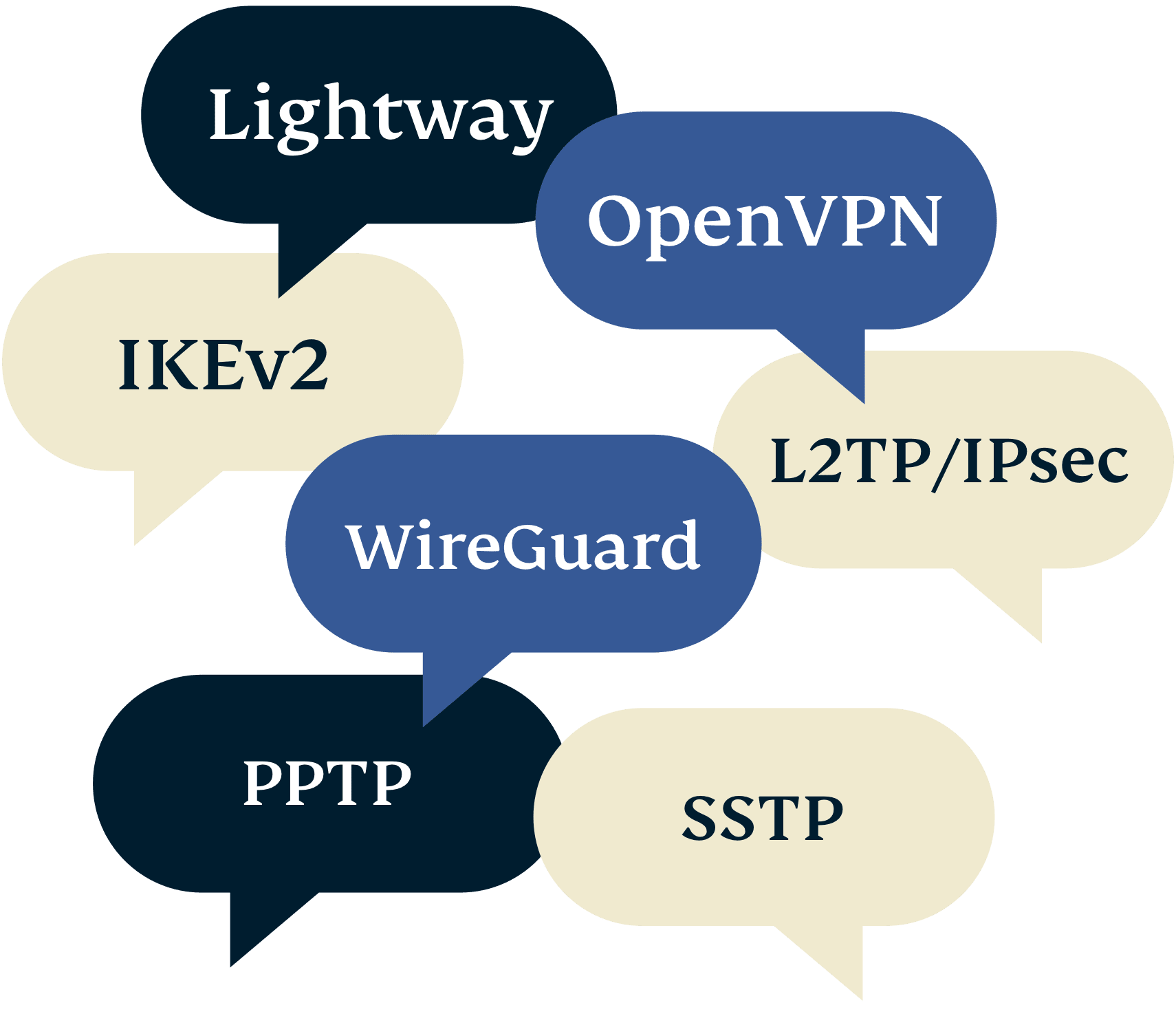
What are VPN protocols?
Let’s start with the basics. VPN stands for virtual private network, which is a secure tunnel between two or more devices. When you use a VPN, you are connected to the internet through an intermediary server run by the VPN provider (e.g., ExpressVPN).
The security of your connection is dictated by the VPN protocol, a set of instructions that defines how your device communicates with the VPN server.
How do VPN protocols work?
VPN protocols work in various ways, but they usually perform two basic functions: authentication and encryption. Authentication ensures your device is communicating with a trusted VPN server, and encryption makes the communication itself unreadable to outsiders.
Different encryption standards and authentication methods result in differing levels of speed and security for VPN users. VPN protocols also have differing rules on how to handle potential errors, which affects stability and reliability.
What are the types of VPN protocols?
There are at least seven common types of VPN protocols. Understand the differences and get to know our recommendations.

Lightway
Built from the ground up by ExpressVPN, Lightway is created for the modern world, forgoing features that are no longer needed from a VPN and implementing those that provide a smooth, secure experience. Establishing a VPN connection takes only a fraction of a second, depending on your network, and you might even get a boost in speeds by turning on Lightway Turbo, a new feature that splits your traffic across multiple channels. Speeds aside, you’ll stay connected to the VPN even when your device switches networks. Designed to be light on its feet, Lightway gets you connected quickly and securely while using less battery.
When it comes to security, Lightway uses wolfSSL, whose well-established cryptography library has been extensively vetted by third parties, including against the FIPS 140-2 standard. Lightway also includes post-quantum protection by default, helping to shield you against attackers as computational capabilities evolve. We’ve published the source code of Lightway on GitHub under an open-source license, ensuring transparency to our users.
In addition to running on the UDP protocol, Lightway also supports TCP, which can be slower than UDP but connects better on certain networks. This allows Lightway to be used in a wide range of scenarios.
Verdict: Always try Lightway first
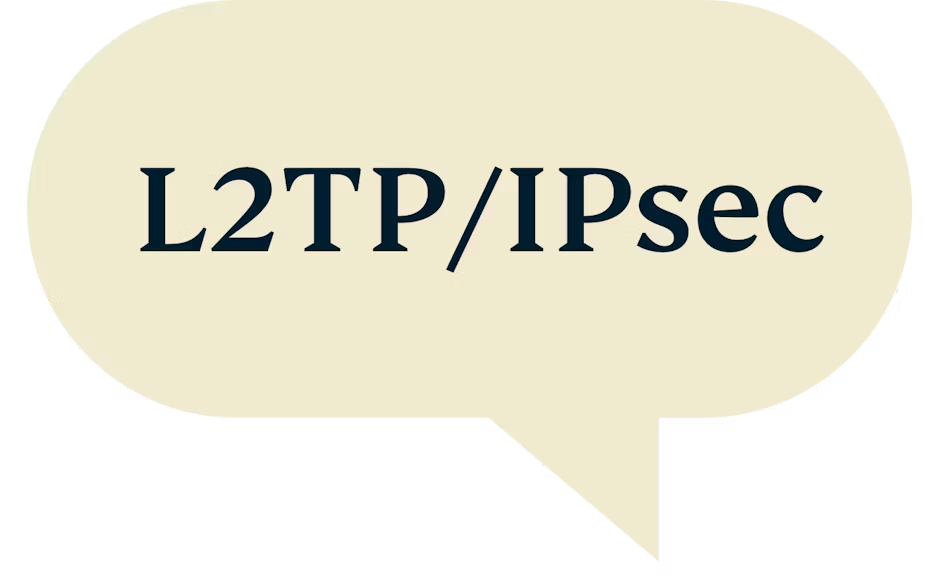
Layer 2 Tunneling Protocol (L2TP)
A significant step up from pioneering but outdated protocols like PPTP and SSTP, the Layer 2 Tunneling Protocol delivers better security at the cost of reduced speed. L2TP is commonly paired with the IPsec protocol to deliver AES-256 encryption, with the combination of the two referred to as L2TP/IPsec.
What is the IPsec VPN protocol?
IPsec stands for Internet Protocol Security, a flexible VPN protocol that authenticates and encrypts each individual IP packet. It is often combined with protocols like L2TP that do not offer encryption by themselves.
L2TP/IPsec is more suited for anonymization than for security, as there are other protocols, such as OpenVPN, offering even stronger levels of security.
Verdict: Nice to have
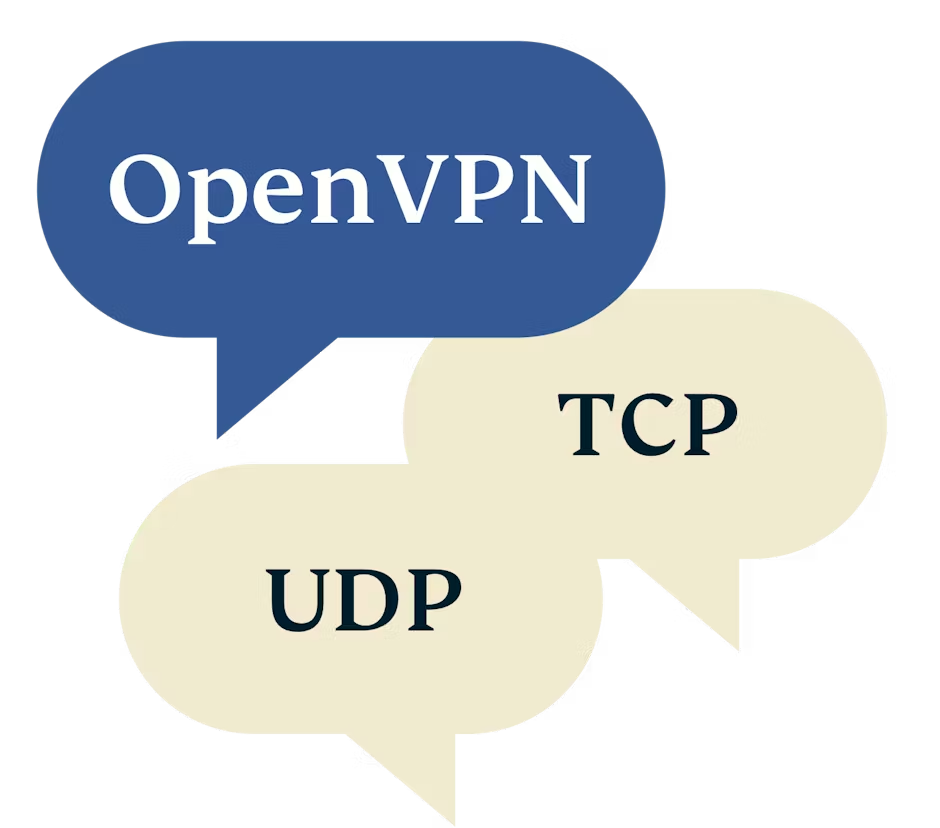
OpenVPN (TCP vs. UDP)
OpenVPN is a highly configurable open-source protocol. It’s available freely for all platforms and is held in high regard by the community, and it is widely adopted among consumer VPN services.
OpenVPN can most easily be configured to mask itself as ordinary internet traffic, which helps it evade detection by filters and firewalls. It has been widely audited by trusted independent researchers, making it appropriate for deployment even in sensitive environments.
In the ExpressVPN apps, users can toggle between UDP (User Datagram Protocol) or TCP (Transmission Control Protocol) within the app settings if they wish.
What is the difference between UDP and TCP?
Simply put, UDP prioritizes fast data transfer at the expense of reliability, while TCP prioritizes reliability over speed. Moreover, TCP is a connection-oriented protocol, requiring a connection to be established before data is exchanged, whereas UDP is a connectionless protocol, which can result in data packets being lost in transmission or arriving out of sequence.
Verdict: One of the best

Internet Key Exchange Version 2 (IKEv2)
IKEv2 is one of the newest protocols and has significant strengths, particularly its speed. It’s well-suited for mobile devices across all platforms.
However, being primarily used in corporate environments, IKEv2 doesn’t have native support for Linux, and its lack of configurability can be a drawback. IKEv2 is also difficult to audit due to its strict licensing. ExpressVPN uses an open-source implementation of IKEv2 to ensure the integrity of the protocol.
IKEv2 is a popular choice, and it will sometimes be used by ExpressVPN apps when the protocol is set to “Automatic.”
Verdict: A solid choice, especially on mobile
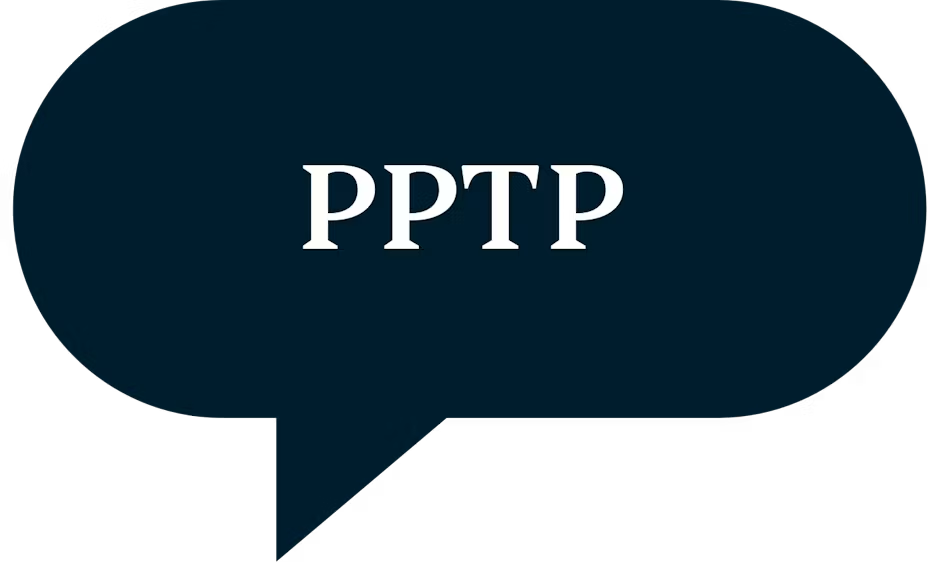
Point-to-Point Tunneling Protocol (PPTP)
As one of the earliest entrants into the world of protocols, PPTP has a rich and storied history. It’s been around since the days of Windows 95 and relies on outdated security mechanisms such as MS-CHAP v2 authentication and MPPE encryption, which are widely considered vulnerable and relatively easy to compromise with modern attack methods.
This inherent vulnerability does come with an advantage: PPTP's weaker encryption requires less processing and can result in faster speeds than more modern VPN protocols, though this comes at the cost of significantly reduced security.
As such, PPTP is generally recommended only for users who fully understand its limitations. It is no longer supported on ExpressVPN apps.
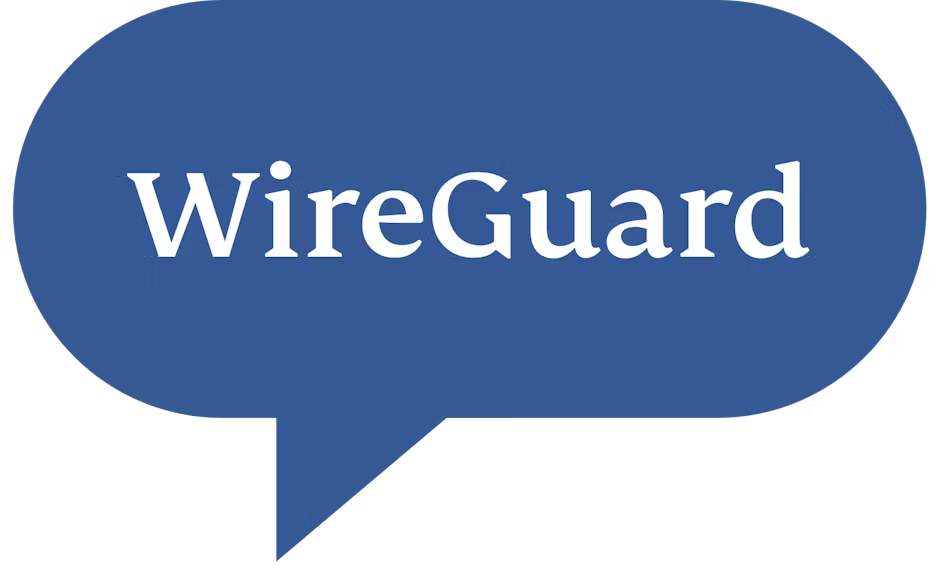
WireGuard
WireGuard® is a free and modern open-source VPN protocol. Its speed and lighter codebase have shown great promise with a number of VPN providers adopting it.
However, WireGuard as-is lacks essential safeguards such as user authentication and key rotation for a privacy-first VPN. ExpressVPN addressed these and other limitations with a customized solution. Our version of WireGuard, available on iOS, Android, Windows, macOS, and Linux, includes privacy not found in other VPNs offering the protocol:
- Post-quantum security to help protect against evolving computational capabilities
- Fresh encryption key and internal IP for every connection to make tracking difficult
- A built-in authentication system that verifies users without compromising privacy
- Integration with our RAM-only TrustedServer platform, which does not write data to disk
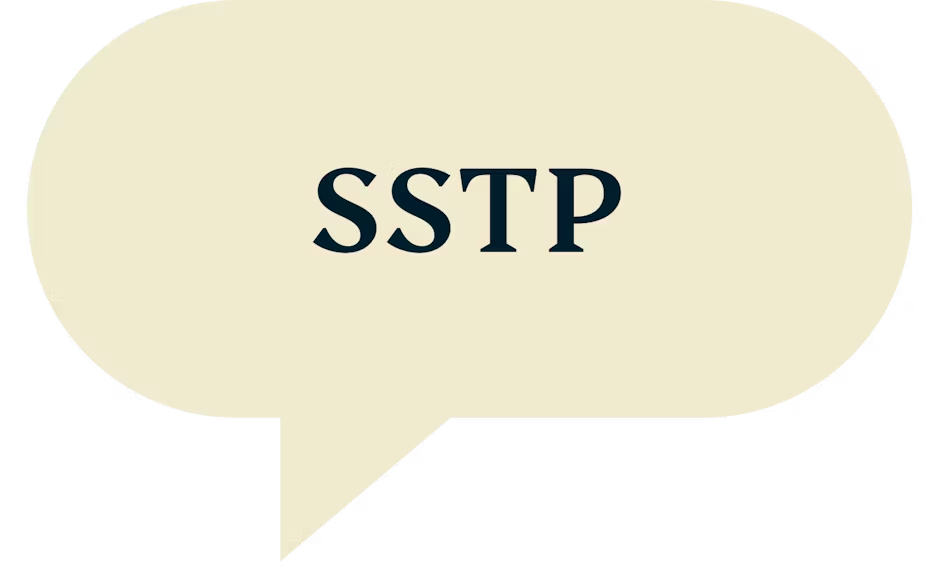
Secure Socket Tunneling Protocol (SSTP)
The SSTP VPN protocol was solely developed by Microsoft and introduced along with Windows Vista. It is very similar to a PPTP tunnel wrapped in SSL, an early encryption protocol popular for securing web pages. As such, SSTP initially worked only on Windows devices, and it never gained popularity beyond that.
SSTP has limited configurability and does not stand out among available protocols.
ExpressVPN no longer supports SSTP.
Download ExpressVPN on all your devices
A single ExpressVPN subscription lets you download a VPN for every popular platform. Need a VPN for multiple devices? Set up ExpressVPN on everything you own, and use it on up to 14 devices at the same time.

What is the best VPN protocol?
Find out which VPN protocol you should use
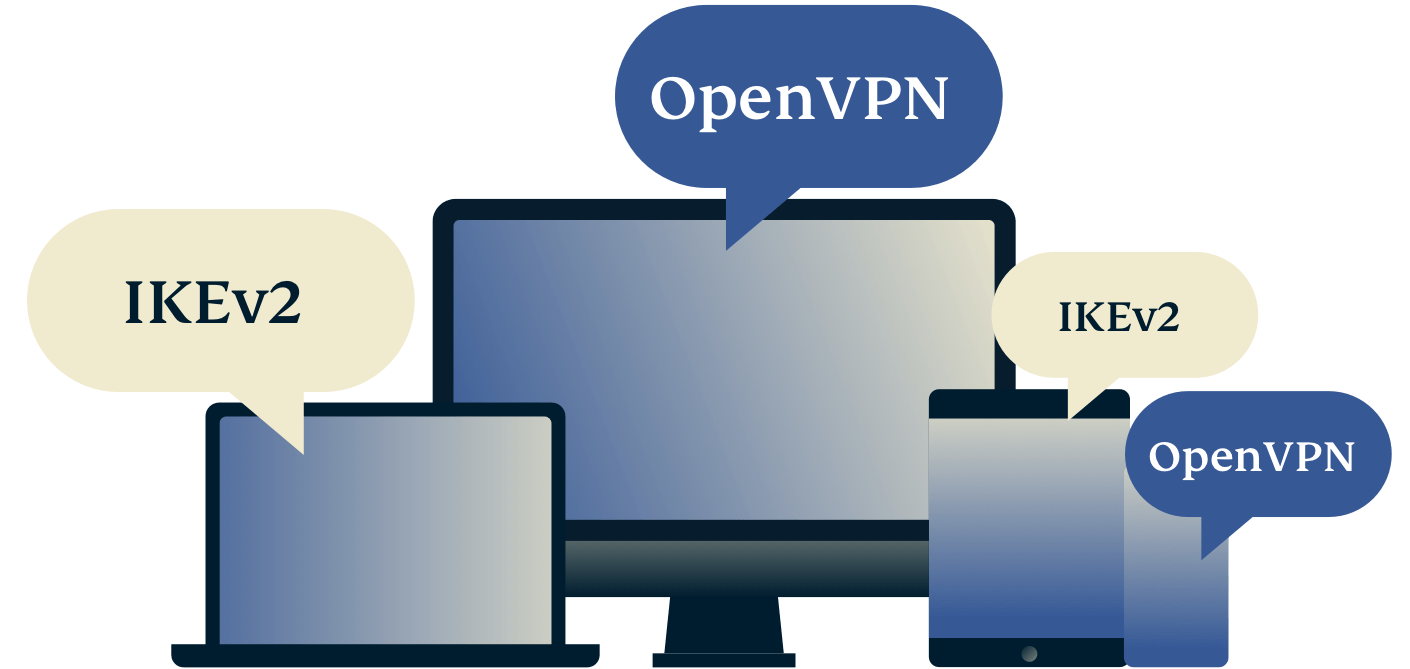
If you’re looking for the trifecta of speed, security, and reliability, Lightway delivers on all fronts thanks to its lightweight codebase. It runs fast, uses less battery, and is easy to audit and maintain.
Lightway is generally the best VPN protocol for everything from gaming to IPTV, and other applications where speed and connection stability are crucial.
If Lightway isn’t available to you, WireGuard, OpenVPN, and IKEv2 are reliable alternatives across supported platforms. WireGuard is lightweight and fast compared to traditional protocols like OpenVPN. To meet our standards for privacy, security, and scalability, ExpressVPN rebuilt WireGuard with post-quantum encryption, ephemeral key exchange, dynamic IPs, and full integration with our RAM-only TrustedServer. ExpressVPN supports WireGuard on iOS, Android, Windows, macOS, and Linux.
OpenVPN offers 256-bit AES encryption with widely trusted security algorithms and strong protection for your connection. The codebase has been publicly audited and checked for bugs, implementation errors, and backdoors.
Mobile users will also be well-served by IKEv2, which offers similar speed, reliability, and security to OpenVPN.
What is the fastest VPN protocol?
Given different environments, internet speeds, or network configurations, different VPN protocols will perform better. Lightway is one of the fastest protocols available, alongside WireGuard, OpenVPN, and IKEv2. Without its layer of encryption, PPTP could be called the fastest VPN protocol. However, we don’t recommend you use PPTP, and the protocol is not available on any ExpressVPN apps.
What is the most secure VPN protocol?
Lightway, WireGuard, IKEv2, L2TP, and OpenVPN are all secure protocols, but the title of the most secure VPN protocol should go to Lightway, which uses wolfSSL, a well-established cryptography library that is FIPS 140-2 validated—which means it has been rigorously vetted by third parties.
Lightway also includes post-quantum support, helping protect sessions from adversaries with increasing computational capabilities. ExpressVPN is one of the first VPN providers to deploy post-quantum protection, helping users to remain secure in the face of quantum computing advancements.
Lightway’s core code was audited and open-sourced in 2021 so that it could be transparently and widely scrutinized for security vulnerabilities. In 2022, Lightway was independently audited for a second time, further validating its security.
WireGuard and OpenVPN are also recommended. ExpressVPN’s version of WireGuard includes post-quantum protection, and OpenVPN has been extensively audited by multiple independent experts, with its open-source implementations available for anyone to inspect and improve.
Which VPN protocol is the most stable?
Designed to deal with frequent network changes, Lightway is the most stable VPN protocol. Users experience fewer connection drops, especially on mobile, and stay connected even when the device switches networks. With Lightway, your VPN session persists even when your network connection drops unexpectedly, so once you’re back online, your VPN is, too.
What is the easiest VPN protocol to set up?
Protocols don’t need to be set up within a VPN app—you are using a VPN protocol when you turn on the VPN app. If you’re looking for ease of use, leave your VPN protocol set to “Automatic” and ExpressVPN will choose the best option for your network—which is usually Lightway.
Learn more about using a VPN
-
![A laptop's secure connection to the internet.]()
-
![A plant at his laptop using ExpressVPN.]()
-
![A laptop with a speedometer]()
How fast is your VPN?
Find out what affects VPN speeds and how to find the fastest server for you
